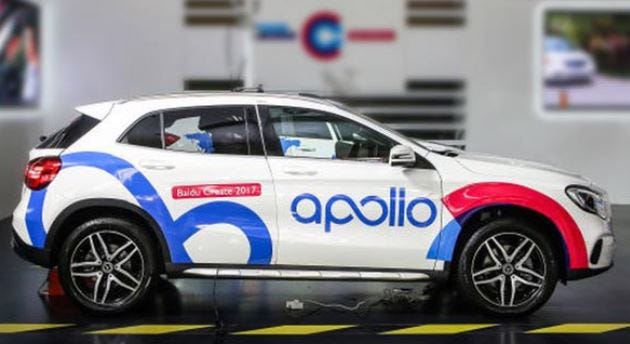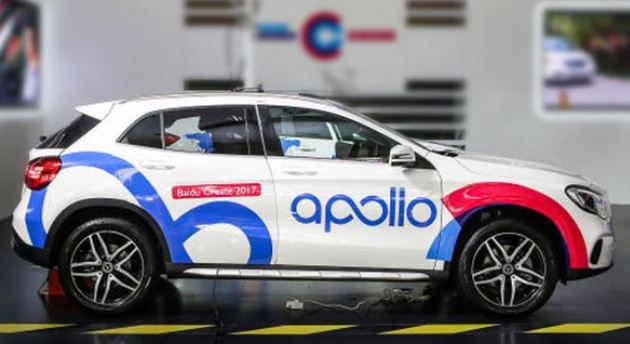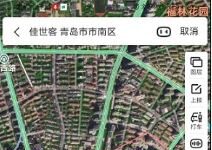The U.S. government, specifically Department of Commerce regulators, are issuing a notice of proposed rulemaking (NPRM) that would prohibit the sale or import of connected vehicles equipped with communication and automated vehicle technology from the People’s Republic of China (PRC) and Russia.
This decision could ban testing by Chinese robotaxi companies who are currently testing autonomous vehicles on U.S. highways. As part of this ban, the Biden administration also would prohibit vehicles with Chinese-made wireless communication modules
Location Business News reported that there is growing national security concern over the data Chinese robotaxi firms are gathering in the United States through self-driving vehicles equipped with cameras, lidar, microphones and other sensors. Chinese-owned companies Pony.ai, WeRide, Didi Research America, Baidu‘s Apollo, and AutoX have logged more than 1.8 million miles in California.

The potential ban hasn’t stopped such U.S. companies as Uber UBER -1.06%↓ from partnering with such Chinese autonomous vehicle companies as WeRide. Uber and WeRide announced this week that they are partnering to bring autonomous vehicles to the Uber platform, beginning in the United Arab Emirates.
In addition to TikTok, the Biden administration has been coming down on Chinese connected vehicles as part of a growing trade war. In March, the Commerce Department issued an advance notice of proposed rulemaking (ANPRM), which sought public comment on potential national security risks associated with technologies used in connected vehicles. The Biden administration, in May, directed an increase from 25 percent to 100 percent on tariff rates for Chinese electric vehicles.
Overall, the Commerce Department has found that Chinese connected vehicles have the opportunity to “collect and exploit sensitive information.” The federal agency said that this collection includes information on a specific geographic area or critical infrastructure to “present opportunities for malicious actors to disrupt the operations of infrastructure or the vehicles themselves.”
Not only would the rule prohibit the sale of certain connected vehicle systems designed and manufactured by the PRC or Russia, but would cover components connecting the vehicle to Bluetooth, cellular, satellite, Wi-Fi modules and automated driving systems. However, Commerce said there would be exceptions to include small vehicle manufacturers who would be disrupted.
The government said the software prohibitions effect for model year 2027; the prohibitions on hardware would take effect for model year 2030; and Jan. 1, 2029, for units without a model year.



























